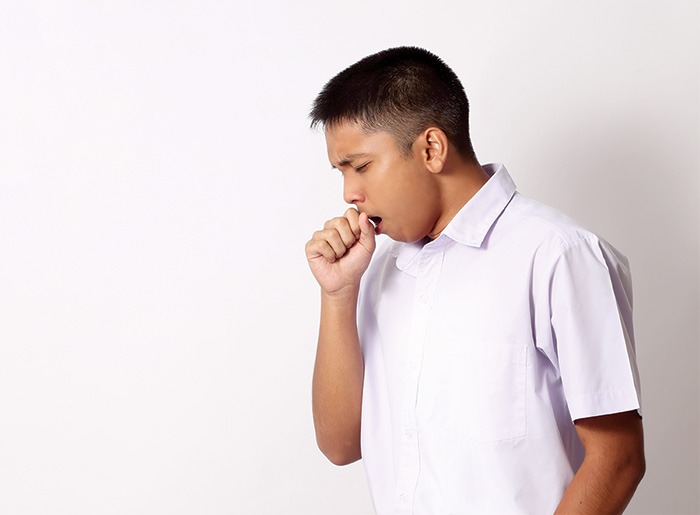With the festive season in full swing and the summer heat rising, pharmacists are at the forefront of helping patients navigate holiday health challenges.
Dive into Australian Pharmacist’s essential guide to keep your community safe this festive season.
Protect your patients against summer risks
With another festive season upon us, and the Bureau of Meteorology predicting extreme summer heat, pharmacists have an important role in keeping patients and families safe and healthy.
This includes advice around alcohol consumption with medicines, protection against mosquito-borne diseases and preventing dehydration.
And while the festive season is merry for some, it can be a difficult time of year for many. This means pharmacists should be on high alert to patients who could be taking higher-than-prescribed medication – potentially for doses for stronger sedation or self-harm.
Refer to this handy pharmacist advice piece by PSA’s resident clinical expert Shani Pickering as a go-to summer guide.
Raise awareness of new sun safety guidelines
The one-size-fits-all approach to sun safety is now out, with a tailored approach based on skin type, now the way to go.
The new sun protection guidelines, released earlier this year, are designed around skin cancer risk. While those with pale skin need to rely on a full suite of sun protection measures when the UV index is ≥3, those with deeply pigmented skin must ensure they get enough vitamin D to avoid a deficiency.
Before your patients start presenting in droves for their summer sun block, give AP’s sun safety guide a squizz.
And while you’re at it, make sure you’re abreast of the sunscreen myths floating around on social media – and how to dispel them.
Be alert to new illicit drug threats this festival season
Every year, the summer season ushers in a wave of music festivals, attended by thousands of revellers nationwide. But this season threatens to be different, with the deadly synthetic opioids, nitazenes, having infiltrated the illicit market.
While seasoned opioid users will have some tolerance to nitazenes, known to be more potent than fentanyl, it has been detected in other illicit drugs such as MDMA and cocaine – which can lead to rapid overdose in casual drug users. In fact, the potent opioids are thought to be linked to mass overdose deaths in Victoria this year.
While there are pill testing services available in Victoria, the ACT and Queensland, Australia’s most populous state, New South Wales, has yet to implement drug checking.
Expert Professor Suzi Nielsen MPS broke down the risks for AP earlier this year, outlining a revised approach to harm reduction.
Navigate summertime nicks, scrapes and scalds
The warmer months often mean more time spent outdoors, leading to increased risks of cuts and scrapes on the beach to nasty insect bites and burns from summer grilling.
With the most common wounds encountered in pharmacy being abrasions, cuts and burns, it’s important for pharmacists to know the ABC’s of wound care. This includes providing therapeutic products, guidance on the right dressing selection and when to refer on.
AP’s Management of acute wounds commonly seen in community pharmacy CPD can help to bring you up to speed. And with infections such as cellulitis also more common during the summer months, this wound infection CPD can help pharmacists keep patients safe from harm.
Help patients take the (blood) pressure down this Christmas
The holiday period can come with an excess of stress, salty foods and alcohol consumption – all of which can play havoc with blood pressure. But with recent research finding that most patients aren’t monitoring their blood pressure correctly, it’s important for patients to know what’s artificially, and actually, inflating their blood pressure this holiday season.
This recent AP article analyses where patients get it wrong and how pharmacists can help them take an accurate blood pressure reading. And with low-density lipoprotein cholesterol also more likely to spike after a bit of holiday indulgence, pharmacists can help patients calculate their cardiovascular risk with the new Australian Cardiovascular risk calculator.
Prevent the festive season becoming a headache
Migraine triggers are plentiful during the holiday period, from extreme heat and bright lights, to poor diet and lack of sleep. Migraine and tension headaches can be managed through non-pharmacological strategies, such as stress reduction, obtaining adequate sleep and regular exercise. But pharmacists can also prescribe a number of triptans, where appropriate, and Schedule 3 medicines.
To help patients make it through the holiday season migraine free, read PSA’s Migraine and tension-type headache CPD.
Happy holidays from AP!



 Pharmacists have always prescribed, but they have the potential to prescribe much more
Pharmacists have always prescribed, but they have the potential to prescribe much more



 Sponsorship information
Sponsorship information


 Talking to patients who have questions
Talking to patients who have questions





